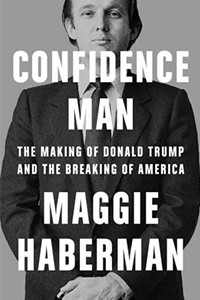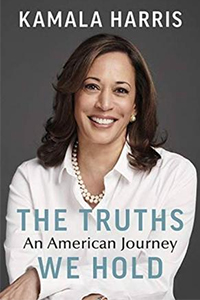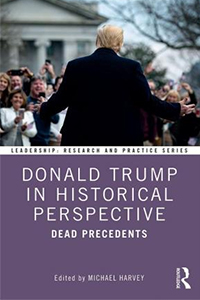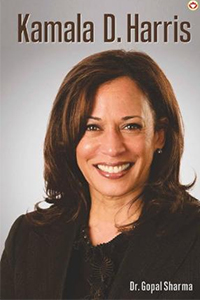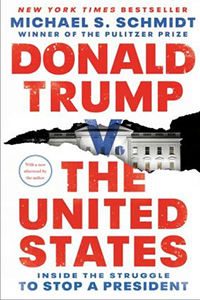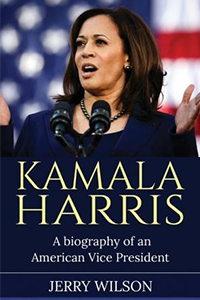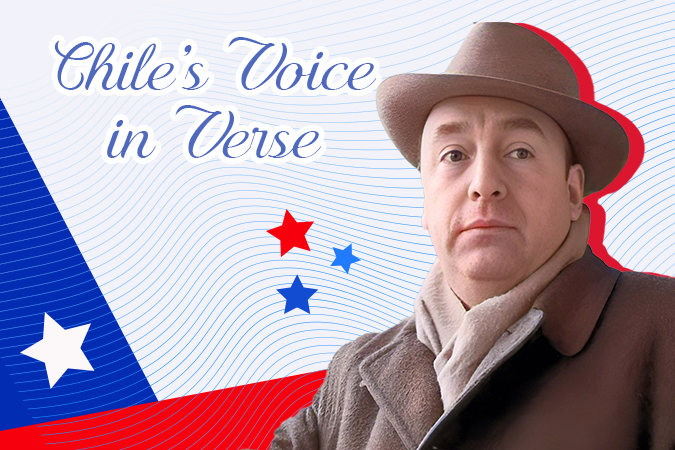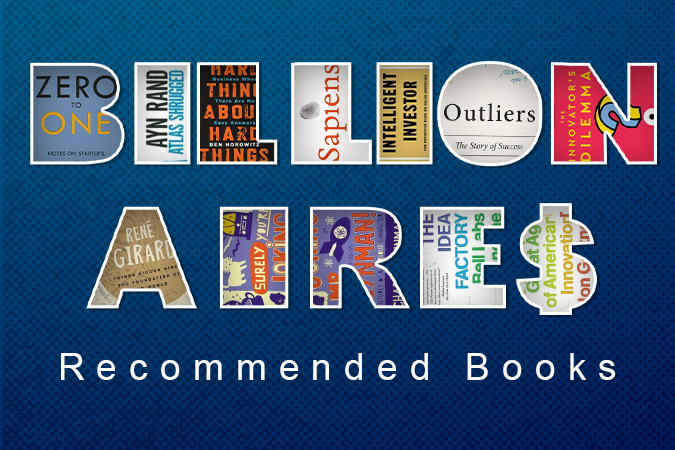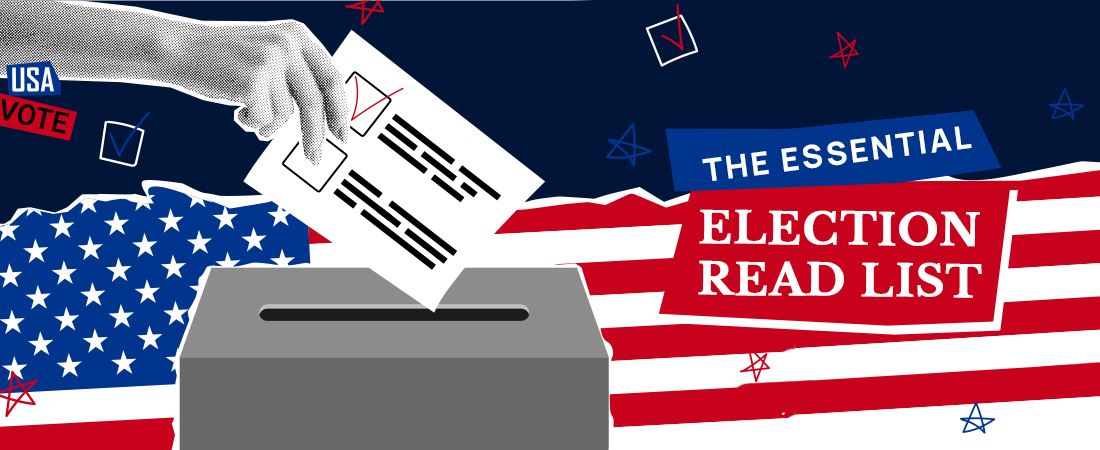
Understanding the American Democratic Process Through Books
Will it be Donald Trump returning for his second term as President or Kamala Harris making history as the first woman President of the U.S.? All eyes are on the electoral battlefield of the US Presidential election set to take place on Nov 05, 2024! The US election is one of the most significant political events globally, drawing attention from political enthusiasts, academics, journalists, and even international observers. Whether you’re keen on understanding the intricate details of the US presidential election system or just curious about the current political climate, books can offer rich insights.
These books are perfect for political junkies, students of history, lovers of good non-fiction and anyone looking to grasp the significance of the 2024 US election and beyond.
Why Understanding US Elections Matters
- The US election isn’t just about choosing the next president; it impacts domestic and international policies, and in turn us.
- Elections in the US are unique, especially with their electoral college system, and understanding how this works helps make sense of the election results.
- For non-US readers, it’s also a great way to see how the US government operates and how decisions made in the US can affect the rest of the world.
Reading List: Books to Help You Understand the US Election
By Alexis de Tocqueville
This classic offers a deep dive into the origins of American democracy. Written in 1835, it still resonates today, giving readers a historical understanding of the democratic values that shape US elections. Tocqueville’s analysis of equality and its impact on democracy makes this a must-read for anyone interested in the philosophical roots of the US election system. It’s an academic but accessible read.
By Heath Brown
Money talks, especially in US elections. This book uncovers the influence of big donors, Super PACs, and corporate contributions on political campaigns. If you’re curious about how money shapes political power and decisions, this is a fascinating and eye-opening read. Perfect for readers looking to understand the financial side of elections, from campaign donations to political advertising.
By Henry Adams
A literary take on US politics, this novel mixes fiction with a biting critique of 19th-century American democracy. Written in 1880, this classic paints a vivid picture of the political elite and the challenges of maintaining democratic integrity. This one is for readers who enjoy a blend of fiction and political satire with a touch of historical relevance.
By Elliott Abrams
While not solely focused on US elections, this book gives great insight into how election results can shape US foreign policy. It’s a solid read for those interested in international relations and the global impact of US political decisions. Abrams examines the balance between democracy promotion and pragmatic foreign policy choices, making it a timely read as the world watches the next US president’s foreign policy moves.
By Frances Fox Piven
Voter turnout remains a hot topic during US presidential elections, and this book dives into the reasons behind low voter participation. It argues that some politicians benefit from voter suppression and disinterest. Ideal for readers who want to understand the barriers to voting in the US and how these impact electoral outcomes. It’s a thought-provoking and accessible read.
By Pippa Norris
If you’ve ever wondered why US elections are so complicated, this book has the answers. Norris dissects the flaws in the election process, from gerrymandering to the lack of voter rights. It’s a call for reform, offering potential solutions for a better democratic process. This book is great for political activists or advocacy groups looking to understand the shortcomings of the current system.
By Meg Jacobs
This historical look at the 1970s energy crisis shows how events unrelated to elections can still shift the political landscape. A well-researched and engaging read, it gives insight into how economic, and energy policies play into voter decision-making. For readers who want to understand how unforeseen events can alter election outcomes, Panic at the Pump offers valuable context on the intersection of politics and crisis management.
Understanding US elections can be daunting. Here are more books about the candidates to make the process easier and more engaging.








